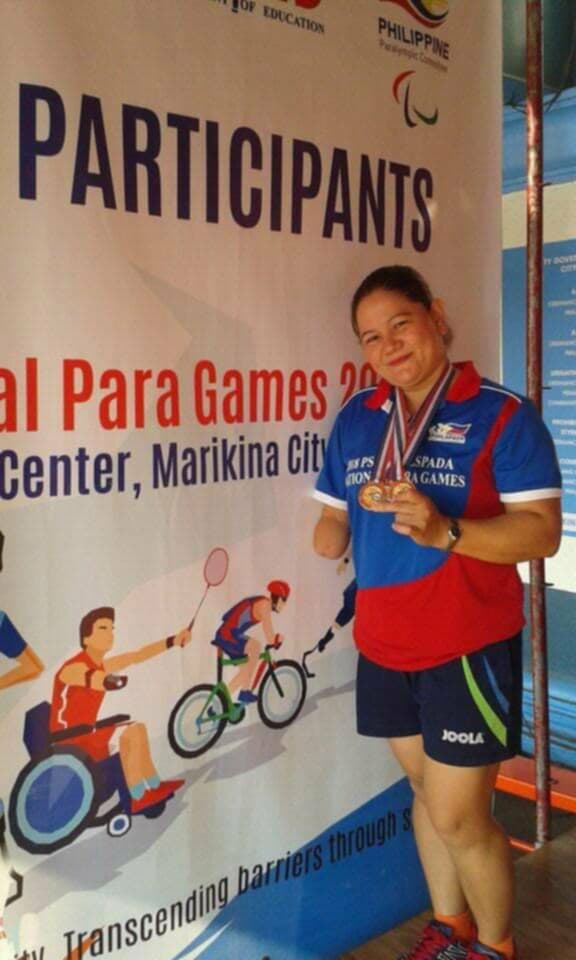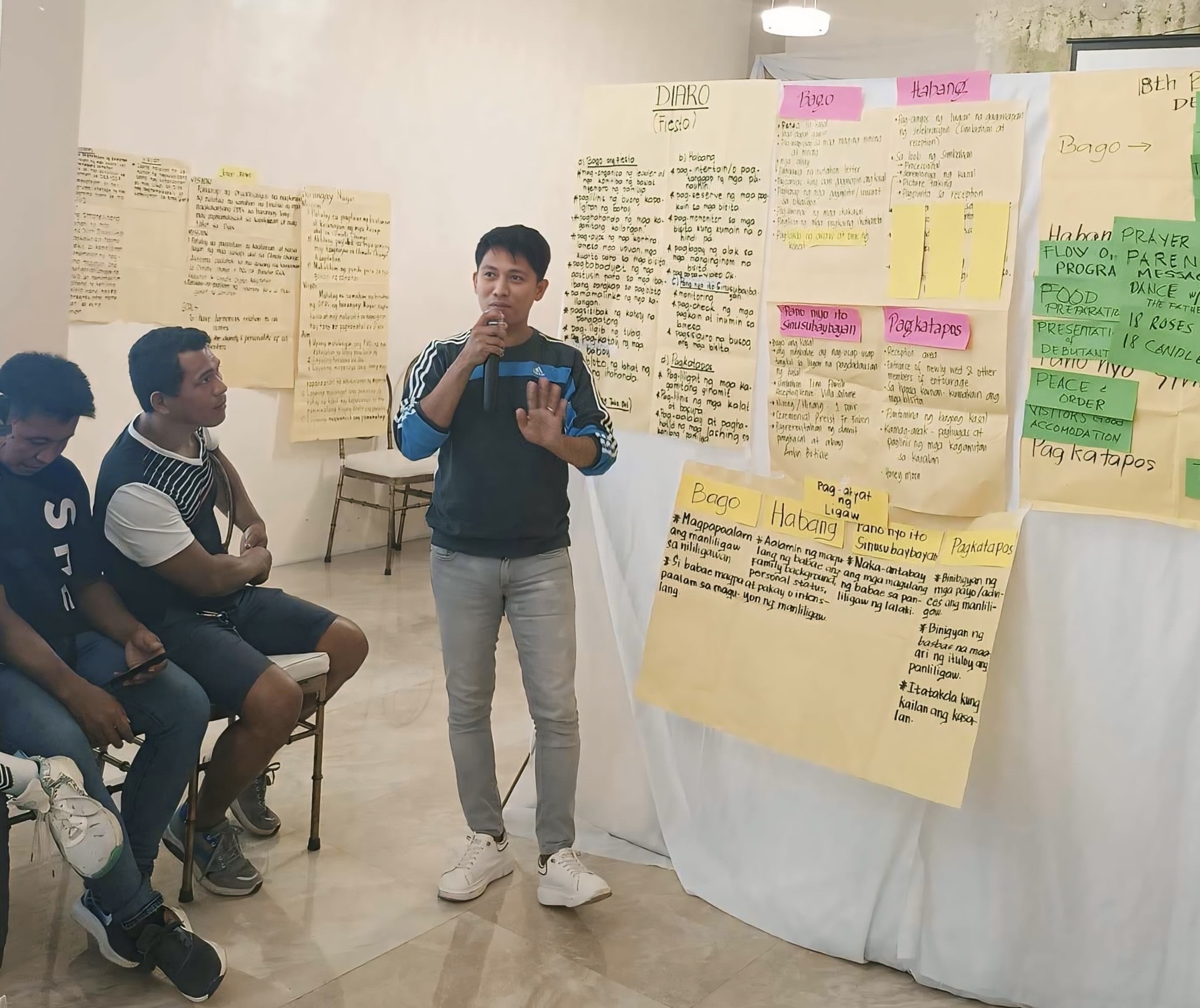International Day for the Elimination of Violence Against Women
Stories | March 13, 2024
One in three women worldwide has experienced physical and sexual violence, but did you know that women and girls with disabilities are three times more likely to experience gender-based violence than women without disabilities?
These statistics are not acceptable. Violence is not inevitable. Prevention is possible.
Today marks the official UN International Day for the Elimination of Violence Against Women – a day to combat and raise awareness of violence against women and girls (VAWG).
Although numerous international agreements and programs have been created to combat VAWG, women and girls continue to be subjected to violence on a large scale.
Under the leadership of UN Secretary-General Antonio Guterres, the UNiTE to End Violence against Women programme was launched in 2008 – 16 Days of Activism running from 25 November until 10 December (Human Rights Day).
This year’s theme is: “ UNITE! Activism to End Violence against Women & Girls.”
VAWG and disability
In recent years, gender-based violence, especially sexual assault and rape, have gained global attention with campaigns such as #MeToo, #Niunamenos and #TimesUp. However, these movements have only amplified the voices of individuals in the position and can have their voices heard.
Women and girls with disabilities face particular disadvantages in multiple areas of their lives due to a range of intersecting factors associated with gender, which can lead to “disadvantages in the areas of education, work and employment, family and reproductive rights, health, violence and abuse” (1). In addition, economic, social, political and cultural attributes, combined with living with a disability, lead to further disadvantages.
A recent submission by the Australian Cross Disability Alliance reported that 70 per cent of women with disability had been victims of violent sexual encounters; this percentage rises to 90 per cent of women with an intellectual disability who have been subjected to sexual abuse, two-thirds of which had been sexually abused before their 18th birthday (2).
Women and girls living with a disability cannot always report these types of crimes, so that the numbers may be higher.
Gender-based violence, including sexual assault/rape, is also a cause of disability in women (3).
What can you do to help?
CBM works with individuals and communities to empower women and girls with disabilities worldwide.
We’ve released a report calling for the development sector to bridge the gap between gender and disability to ensure we leave no one behind and meet the 2030 Agenda.
The report Leave No One Behind: Gender equality, disability inclusion, and leadership for sustainable development highlight the discrimination that exists at the intersection of gender, disability and poverty and how this affects women and girls with disabilities in accessing employment, education, and health care.
Another report, in partnership with Cameroon Baptist Convention, recently undertook a research project to understand better what stops women and girls with disabilities in the Northwest region of Cameroon from reporting incidents of sexual violence and domestic abuse.
CBM also continues to conduct several field and advocacy programmes to empower all people with disabilities:
Fieldwork
- Inclusive education: – We work with local partners in several countries to create and improve inclusive education programs. Education is a crucial tool to lift children with disabilities, especially girls, out of poverty and reduce barriers to employment.
- Maternal health: We work with local partners to improve outcomes for women in maternal health.
- Inclusive Eye Health: Helping to improve the sight of individuals with cataracts, trachoma, river blindness and other eye issues, as well as improving the lives of individuals whose eyesight cannot be saved.
- Disaster Risk Reduction (DRR): Natural hazards are a regular and increasing occurrence worldwide. We are working with communities in some of the most disaster-prone areas to empower people with disabilities and ensure no one is left behind when disaster strikes. Disasters disrupt the social fabric and expose women and girls to violence, including sexual abuse. Women with disabilities are much more likely to miss out on DRR information and training sessions, not receive information on what to do in emergencies and have less access to evacuation shelters. This directly impacts their vulnerability during a disaster and their capacity to be as safe as others in the community.
Advocacy
- National: Working with allies and partners, we aim to influence Australian decision-makers to ensure that our aid and foreign policy support change that addresses the root causes of poverty and injustice in the poorest countries around the world.
- International: Working with allies and partners, we aim to influence international bodies to bring disability rights into all policy areas. This includes highlighting the unique barriers faced by people with disabilities and raising awareness of their experiences and stories on the global level to make a more inclusive world for women and girls living with disabilities.
- http://wwda.org.au/about/
- Frohmader, C., & Sands, T. (2015) Australian Cross Disability Alliance (ACDA) Submission to the Senate Inquiry into Violence, abuse and neglect against people with disability in institutional and residential settings’. Australian Cross Disability Alliance (ACDA); Sydney, Australia.
- Commonwealth of Australia (2009) Time for Action: The National Council’s Plan for Australia to Reduce Violence against Women and their Children, 2009-2021.Department of Families, Housing, Community Services and Indigenous Affairs (FaHCSIA), Canberra
https://www.cbm.org.au/stories/international-day-for-the-elimination-of-violence-against-women
Related Stories

Aiming for gold and championing the rights of people with disabilities
Minnie, a 40-year-old mother of two and Treasurer of...

Jay’s journey: from hiding his disability to advocating for change
Jay, a 31-year-old hairdresser from the Philippines and father...

The Blessed Life
Mary learnt the depths of the implications of living the blessed life. The angel Gabriel had told Mary that she was going to be pregnant with the Son of God....
